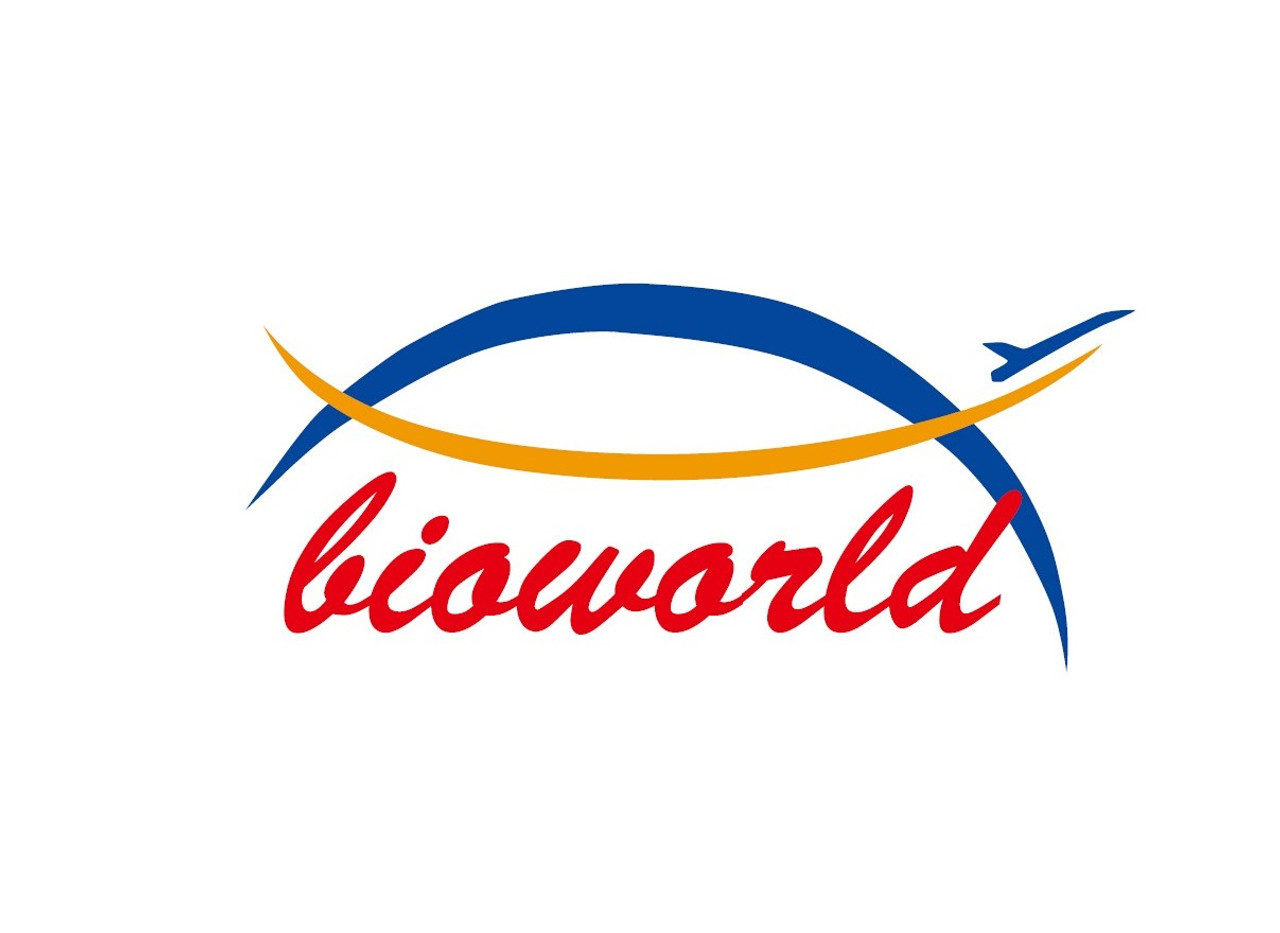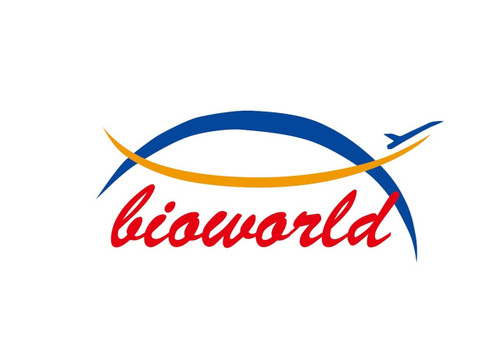Product Description
STK3 polyclonal Antibody | BS8633 | Bioworld
Host: Rabbit
Reactivity: Human,Mouse,Rat
Application: WB,IHC,IF
Application Range: WB 1:500 - 1:2000 IHC 1:50 - 1:200 IF 1:50 - 1:200
Background: Sterile-20 (Ste20) is a serine/threonine kinase in Saccharomyces cerevisiae that is involved in relaying signals from G protein-coupled receptors to cyto-solic MAP kinase cascades. Mammalian protein kinases that display sequence similarity to Ste20 are divided into two groups, the PAK subfamily and the GCK subfamily. The PAK subfamily members contain a C-terminal catalytic domain and an N-terminal regulatory domain with a p21Rac/Cdc42-binding site, and these kinases can activate both p38 MAPK and JNK. The GCK subfamily members contain a C-terminal regulatory domain and an N-terminal catalytic domain, and they have diverse roles in many pathways, including the activation of ERK, JNK, p38 MAPK, and caspase-3. The mammalian Ste20-like kinases (MST kinases), also known as Krs proteins, are members of the GCK subfamily. Ksr-1 (MST-2) and Ksr-2 (MST-1) are both direct substrates of caspase-3 that accelerate caspase-3 activation. MST-3 is ubiquitously expressed in mammalian tissue and can phosphorylate exogenous substrates as well as itself. MST-4 is highly expressed in placenta, thymus, and peripheral blood leukocytes, and it specifically activates ERK.
Storage & Stability: Store at 4°C short term. Aliquot and store at -20°C long term. Avoid freeze-thaw cycles.
Specificity: STK3 polyclonal Antibody detects endogenous levels of STK3 protein.
Molecular Weight: ~ 65, 37kDa
Note: For research use only, not for use in diagnostic procedure.
Alternative Names: Serine/threonine-protein kinase 3; Mammalian STE20-like protein kinase 2; MST-2; STE20-like kinase MST2; Serine/threonine-protein kinase Krs-1; Serine/threonine-protein kinase 3 36kDa subunit; MST2/N; Serine/threonine-protein kinase 3 20kDa subunit; MST2/C; KRS1; MST2
Immunogen: Recombinant full length Human STK3.
Conjugate: Unconjugated
Modification: Unmodification
Purification & Purity: The Antibody was affinity-purified from rabbit antiserum by affinity-chromatography using epitope-specific immunogen and the purity is > 95% (by SDS-PAGE) .
Pathway:
 Euro
Euro
 USD
USD
 British Pound
British Pound
 NULL
NULL








